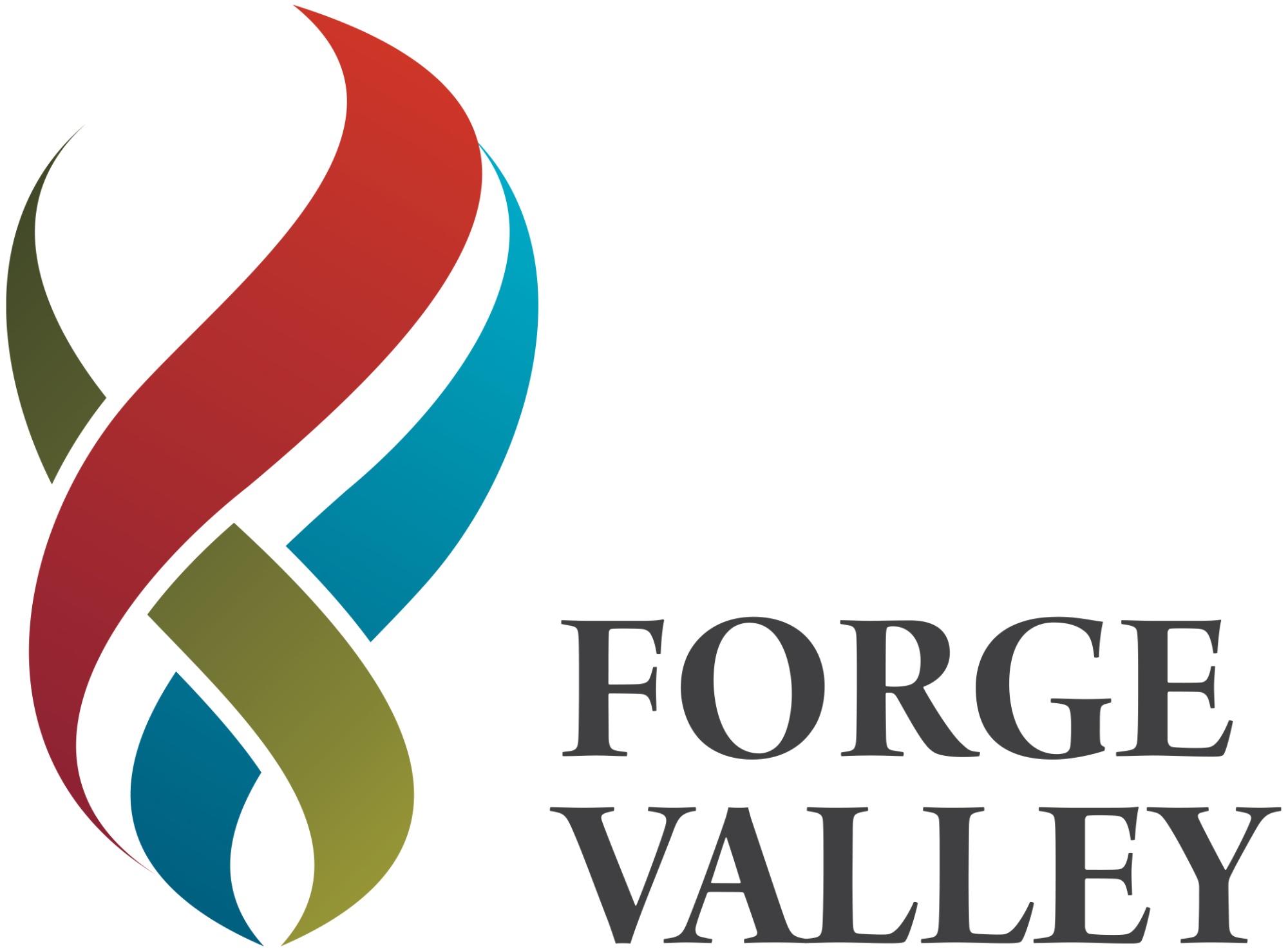English Literature (A Level)

Do you enjoy reading books and studying different forms of literature? Are you interested in how texts relate to history and social development? Are you fascinated by how authors shape their writing to suit audiences? Do you want to improve your knowledge, experience and appreciation of novels, drama and poetry?
If so, English Literature A Level could be perfect for you. Join us as we travel through different genres, exploring a variety of texts and evaluating their impact on audiences across time.
Alongside the exploration, you will be taught vital skills, including how to analyse texts and how to construct formal essays. Both of these skills are highly desirable to both universities and employers.
In addition, the ability to communicate and discuss opinions and aspects of the course is vital to success: all ideas are welcome!
Future Opportunities
Move on to a host of courses at university, including English, politics, humanities or social sciences. English develops the skills you need to succeed in a wide range of careers and sits alongside most other courses.
What are the entry requirements?
Five or more GCSE Grades 9-4 or equivalent, including minimum of Grade 5 in GCSE English Literature.
What will I study?
The course enables you to study a variety of different texts including prose, drama and novels. These will encompass different genres and periods of history, and you will also be expected to select texts yourself for wider reading outside of lessons. It is important that you have a passion for reading a range of literature and that you have a creative, open mind to explore new areas of study and different ways of thinking.
At Forge Valley, you will study the following components from the AQA English Literature B
Specification (7717):
- Literary genres : Aspects of tragedy
- Texts and genres: Elements of political and social protest writing
- Non-exam assessment: Theory and independence.
How will I be assessed?
You will be assessed through 2 written exams and one non-exam coursework element.
Paper 1: Literacy Genres
- Aspects of Tragedy - Study of three texts: one Shakespeare text; a second drama text and one further text, of which one must be written pre-1900.
Paper 2: Texts and Genres
- Elements of Political and Social Protest Writing - Study of three texts: one post-2000 prose text; one poetry and one further text, one of which must be written pre-1900
- Examination will include an unseen passage.
Non-exam Assessment:
Theory and Independence - Study of two texts: one poetry and one prose text, informed by study of the Critical Anthology. Two essays of 1250-1500 words, each responding to a different text and linking to a different aspect of the Critical Anthology. One essay can be re-creative. The re-creative piece will be accompanied by a commentary.
FAQ
What is the average class size?
Class sizes are usually between 5 and 15 students.
Are the teachers specialists in the subject area?
All teachers have degrees with specialisms in English.
How successful have previous students been in this subject?
Students achieve high grades in this subject, many going onto study English based subjects at university.
What other subjects compliment this course?
History, Psychology, Media, Drama, Politics
Will studying this subject allow me to go to university?
Yes. It’s an academic and challenging subject which is prized by leading universities as an indication of advanced reading, writing and thinking skills.
What careers can the subject lead to?
Teaching, writing, law, politics, journalism, editing, publishing, marketing, social media, film and TV, theatre and more.
